France – Update
France to introduce mandatory B2B e-invoicing and reporting
France will introduce a new mandatory real-time invoice-reporting regime for resident businesses, which will apply to all of their domestic business-to-business (B2B) transactions in the country. The deadline for the introduction of the regime will be staggered depending on the size of the business as per the below:
- From 1 July 2024 – Large enterprises (enterprises with more than 5,000 employees and either a 12-month turnover exceeding EUR 1.5 billion or a balance sheet exceeding €2 billion)
- From 1 January 2025 – Intermediate enterprises
- From 1 January 2026 – Small and medium enterprises (enterprises with less than 250 employees and either a 12-month turnover not exceeding €50 million or a balance sheet not exceeding €43 million)
This new regime will impact resident businesses that sell to other VAT registered businesses in the country and will oblige them to declare their sales to the French tax authorities via a new e-invoicing platform. This is instead of sending invoices to their customers themselves.
The French tax authorities will then check these invoices and if correct, they will approve them by applying a digital stamp. They will then send the invoice directly to the customer on behalf of the supplier via the new system.
It’s hoped that this new invoice-reporting regime will prevent common errors on these types of invoices and will also help prevent VAT fraud in the country.
Extension of VAT reverse charge on importation of goods
France has announced that from January 2022, it will drop all requirements for businesses to use reverse charge import VAT accounting in the country.
Currently, VAT registered businesses that want to use this mechanism must make an application to the French customs authorities to be accepted. If successful, it will allow them to report import VAT directly in their VAT returns rather than physically paying and reclaiming this from the tax authorities, which presents a cashflow advantage for businesses.
France hopes that by dropping the application process, it will allow businesses to take advantage of this simplification and improve their cashflow while saving on shipping costs relating to the import VAT payments.
The above information was kindly provided by Fiscal Solutions (UK), www.fiscalsolutions.co.uk; contact: [email protected].

